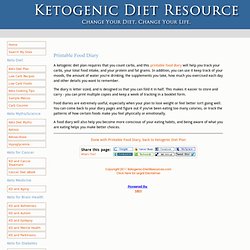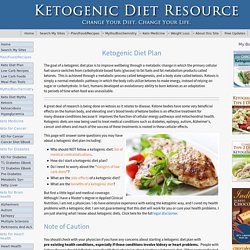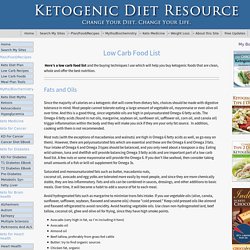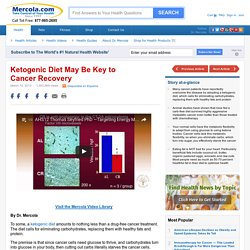

Www.ketogenic-diet-resource.com/support-files/article-from-WBJJA2012.pdf. NDL/FNIC Food Composition Database Home Page. Www.ketogenic-diet-resource.com/support-files/printable-food-diary-page.pdf. Printable Food Diary. A ketogenic diet plan requires that you count carbs, and this printable food diary will help you track your carbs, your total food intake, and your protein and fat grams.

In addition, you can use it keep track of your moods, the amount of water you're drinking, the supplements you take, how much you exercised each day and other details you want to remember. The diary is letter sized, and is designed so that you can fold it in half. This makes it easier to store and carry - you can print multiple copies and keep a week of tracking in a booklet form. Food diaries are extremely useful, especially when your plan to lose weight or feel better isn't going well.
You can come back to your diary pages and figure out if you've been eating too many calories, or track the patterns of how certain foods make you feel physically or emotionally. A food diary will also help you become more conscious of your eating habits, and being aware of what you are eating helps you make better choices. Ketostix Reagent Strips, 100-Count Box: Frankie Carle: Health & Personal Care. Dana Carpender's NEW Carb and Calorie Counter-Expanded, Revised, and Updated 4th Edition: Your Complete Guide to Total Carbs, Net Carbs, Calories, and More: Dana Carpender: 9781592334292: Amazon.com.
Ketogenic Diet Plan: Get Started Here! The goal of a ketogenic diet plan is to improve wellbeing through a metabolic change in which the primary cellular fuel source switches from carbohydrate based fuels (glucose) to fat fuels and fat metabolism products called ketones.

This is achieved through a metabolic process called ketogenesis, and a body state called ketosis. Ketosis is simply a normal metabolic pathway in which the body cells utilize ketones to make energy, instead of relying on sugar or carbohydrate. In fact, humans developed an evolutionary ability to burn ketones as an adaptation to periods of time when food was unavailable. A great deal of research is being done on ketosis as it relates to disease. Ketone bodies have some very beneficial effects on the human body, and elevating one's blood levels of ketone bodies is an effective treatment for many disease conditions because it improves the function of cellular energy pathways and mitochondrial health.
Note of Caution Now back to our regularly scheduled program.. A Low Carb Food List. Here’s a low carb food list and the buying techniques I use which will help you buy ketogenic foods that are clean, whole and offer the best nutrition.

Fats and Oils Since the majority of calories on a ketogenic diet will come from dietary fats, choices should be made with digestive tolerance in mind. Most people cannot tolerate eating a large amount of vegetable oil, mayonnaise or even olive oil over time. And this is a good thing, since vegetable oils are high in polyunsaturated Omega-6 fatty acids. The Omega-6 fatty acids (found in nut oils, margarine, soybean oil, sunflower oil, safflower oil, corn oil, and canola oil) trigger inflammation within the body and they will make you sick if they are your only fat source.
Most nuts (with the exceptions of macadamias and walnuts) are high in Omega 6 fatty acids as well, so go easy on them). Avoid hydrogenated fats such as margarine to minimize trans fats intake. Sources of Protein. Displaying items by tag: Gluten Free Approved. A Ketogenic Diet May Be the Key to Cancer Recovery. By Dr.

Mercola To some, a ketogenic diet amounts to nothing less than a drug-free cancer treatment. The diet calls for eliminating carbohydrates, replacing them with healthy fats and protein. The premise is that since cancer cells need glucose to thrive, and carbohydrates turn into glucose in your body, then cutting out carbs literally starves the cancer cells. This type of diet, in which you replace carbs with moderate amounts of high quality protein and high amounts of beneficial fat, is what I recommend for everyone, whether you have cancer or not. Ketogenic Diet May Be Key to Brain Cancer Recovery The featured video shows Thomas Seyfried, Ph.D, who is one of the leaders in teasing the details of how to treat cancer nutritionally. The transition from glucose to ketone bodies as an energy source is an ancestrally conserved adaptation to food deprivation that permits the survival of normal cells during extreme shifts in nutritional environment.
"Dr. Dr. Dr. What About Protein?